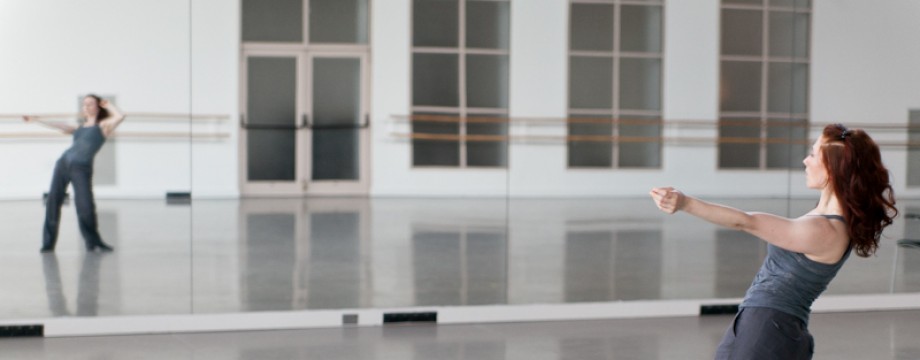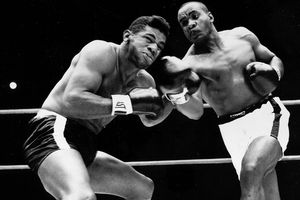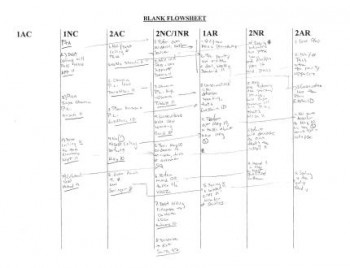For Danielle
“You have no idea how it is in the first Round,” Floyd [Patterson] would tell his confidant, Gay Talese. “You’re out there with all those people around you, and those cameras, and the whole world looking in, and all that movement, that excitement, and ‘The Star Spangled Banner,’ and the whole nation hoping you’ll win, including the president. And do you know what all this does? it blinds you, just blinds you. And then the bell rings, and you go at Liston and he’s coming at you, and you’re not even aware that there’s a referee in the ring with you…”
Some great athletes experience a round, a play even an entire contest, in slow motion, as if their superior speed, their gift of judgment and coordination, provides them with a more usable perception of time. The athlete who sees the contest this way has invariably won; he has beaten his opponent to the punch, run down the quarterback, read the seams on a curveball and hit it out of the park. But for the overmatched, time does not so much slow down as lose its coherence. Floyd experienced time in Chicago as a confusion of pressures and noise, as anxiety, like drowning, like falling out of a plane, and afterward he could barely remember what has taken place over the span of two minutes and six seconds. Even the pain would be a while in coming. He would complain of terrible headaches, for Liston hit harder than any other heavyweight alive, but that would not come until an hour later.
…perhaps [Cus] D’Amato was right: the fighter who gets knocked out wants to be knocked out.”
—David Remnick, King of the World
I think about these things, in the context of dancing, competing, fighting, contracts, relationships. They’re all a form of competition and contest. And I think of all the times I hid behind my gloves and stood in the ring without punching back. I have literally stood, and snapped my eyes shut every time a punch came at my head. And that’s when I got hit. Remnick is right. It’s a blur. I can’t remember how I got knocked out, only that I realized I was out… too late.
The moments when I won? I could see everything, moving slowly, could estimate the point at which I would arrive; I could extend out of my own body and see a bird’s eye view of myself, like a second camera angle, like the secret camera angle that only football coaches get of the game, like a temporal cascade of plays that would follow one chess-move. And then I’d be back in myself, moving, or speaking with utter precision. I joke that when I’m really angry I never swear. My language becomes incisive and exact.
What’s the difference? Keep your eye on the ball. Set your intention. Know what you’re made of.
I walked into a parliamentary debate competition, semi-finals at the state championships with a partner who had helped me prepare a case that argued that the workers should own the means of production. We’d twisted the resolution to fit our definitions and because he was a leftist political hack and I’d been part of a worker-owned cooperative for six years, we HAD this. We walked in like we were champs. Those rich Southern California debate kids didn’t know what hit them. And we won.
I remember Blues Shout, 2009, Thursday night, dancing at Rosa’s Lounge. Mike Legget and Reuel Reiss walked in the venue. I saw their faces and their posture and I thought, “Oh shit. They came here to win.” And they did. It was all over them.
Check out the finals of the Balloomin’ Competition
I’ve written before on the difference between winning and losing when it comes to subjective contests. That difference is very little in the eye of the audience, but in the mind and heart of the competitor, the feeling is the difference between night and day. I won’t lie to you – every time I’ve won, I’ve had as much humility as the times I’ve lost. But there was something else in there… an inner knowing. The feeling that I’d gotten my studying done months ago. I wasn’t cramming. I was working from a body of knowledge that lived in me and I KNEW which answers were the right answers. Filling in the bubbles, closing the arguments, hitting the beat… it’s second nature. You’re doing that part without thinking. The point is, you’re doing it with style.
Coda:
Back in my debate days, I used to practice writing with my right hand, because I’m left handed. I used to sit in rounds and flow the debate with my left hand, but I’d write my counter-arguments with my right hand — just to intimidate my opponents. All that smack-talking before the fight? It’s part of the game.





Great perspective. I love how you relate it to dancing. It makes me remember feeling that way and knowing I need to feel that way always. Thanks for this. I’m a Lindy Hopper and blog about it with a very vintage slant, different, but similar, if you’re interested.